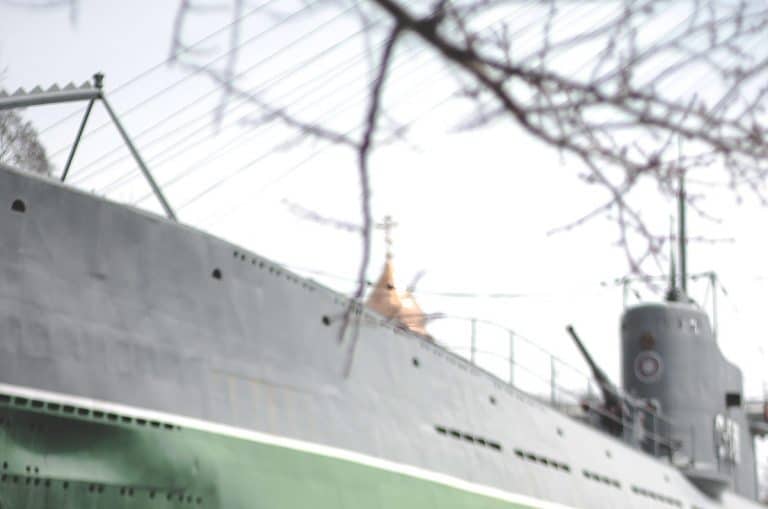On this day in history UK

Welcome, October. Welcome, Black History Month, we hear you #ShareTheMic. Welcome, Halloween. With 90 days left of the calendar year, we thought we’d take a much needed pause on this day, before the rest of 2020 blinks itself away. What happened in the UK on 2 October as the years have passed?
1901
The Royal Navy’s first submarine (HM submarine Torpedo Boat No 1) was launched at Barrow-in-Furness in north west England. The submarine was built by Vickers-Armstrongs Limited, a British engineering conglomerate. On that date, she dived for the first time in an enclosed basin, by 1902 two more were completed, the Holland boat and HMS Hazard (their tender boat) made up the First Submarine Flotilla.
1902
Beatrix Potter’s The Tale of Peter Rabbit was published by Frederick Warne & Co in London, after several publishers’ rejections. Potter knew exactly how she wanted her book to look, so after these rejections she published it herself (December 1901) but then a year later, Fredewick Warne & Co came around and published it exactly as it was. If you needed a little inspo towards not taking no for an answer, that was it. Go get ‘em.
1904
Playwright and literary critic Graham Greene was born. His most notable works were Brighton Rock, The Power and the Glory, The Heart of the Matter and The End of the Affair. He famously said and believed that “childhood is the credit balance of the novelist.” Read that again, and soak up the subtle beauty in that statement.
1909
The first rugby football match was played at Twickenham between England’s local rivalries, the Harlequins and Richmond. Quins won 14-0, in case you were wondering. The land where the stadium was built used to be allotments that were used for growing fruit and vegetables, including cabbages, and so was given the nickname ‘the Cabbage Patch’.
1925
Scottish born engineer John Logie Baird successfully transmitted the first television picture with a grayscale image: the head of a ventriloquist’s dummy nicknamed Stooky Bill in a 30-line vertically scanned image, at five pictures per second.
1942
During the second World War, the British cruiser Curacao collided with the RMS Queen Mary, a former luxury liner then troopship known as the ‘Grey Ghost’, off the coast of Donegal and sank, taking 338 lives. The Queen Mary liner continued its course after slicing the Curacao in half, as it was policy to not stop for survivors to avoid further endangerment.
1953
A photograph of William Pettit, wanted for murder, was shown on UK’s BBC TV at the request of the police. This was the first time in Britain that television (thanks Baird) was used to help find a wanted man.
1968
Sheila Thorns from Birmingham, gave birth to four boys and two girls. Six babies. This was hailed as the first recorded case of live sextuplets in Britain. Ouch. On the same day in 1996, Mandy Allwood sadly lost the last five of the octuplets she had been expecting after a 19 week pregnancy.
2001
Britain’s Prime Minister Tony Blair warned the Taliban that it would be the target of military action unless it gave up Osama bin Laden and must now brace for attack and surrender. Bin Laden was later killed in Pakistan on 2 May 2011, by US Navy SEALs.
2 October 2020
11 days into fall. International Day of Non-Violence and also World Smile Day!




